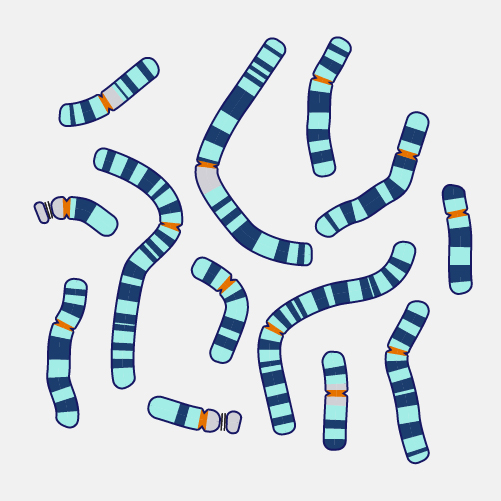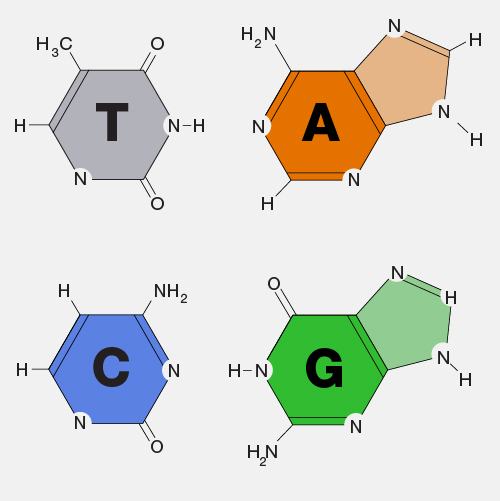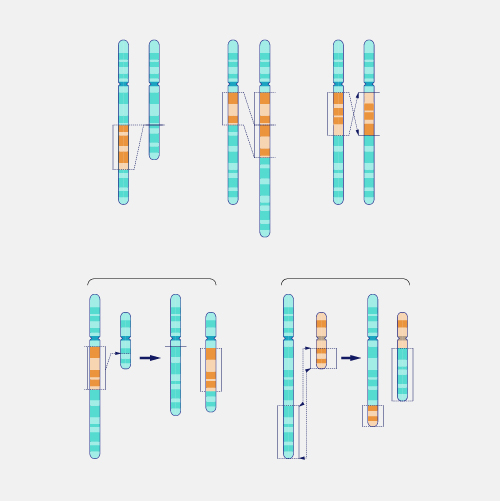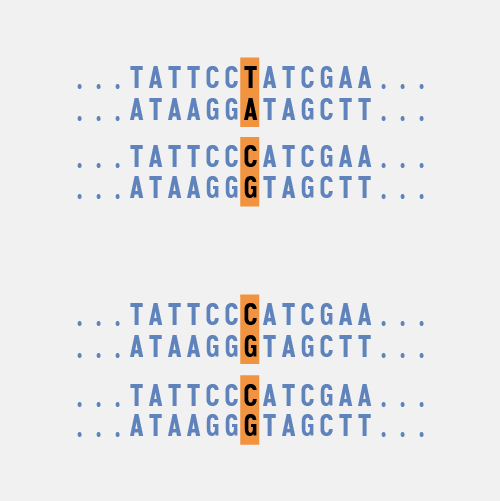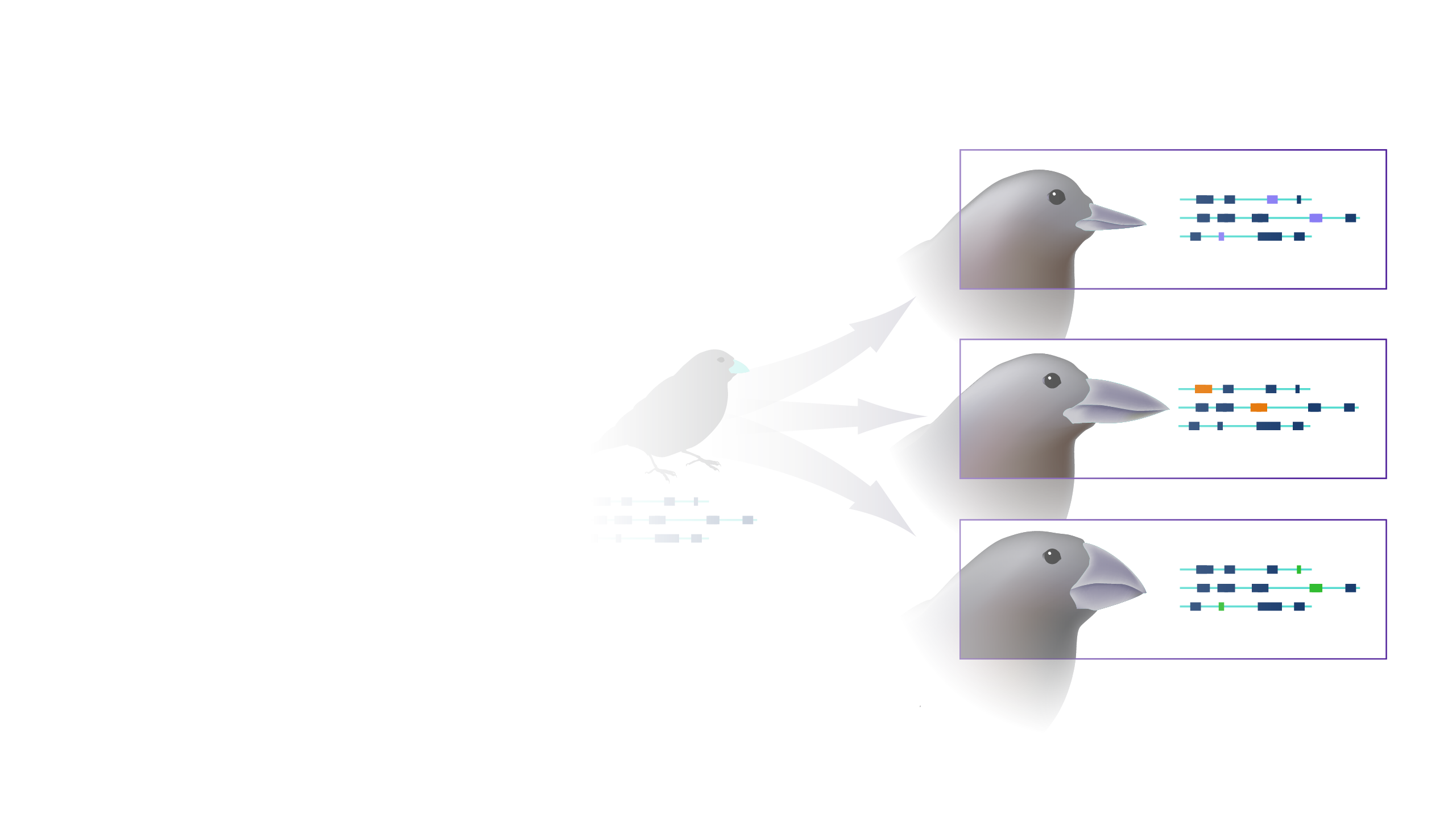
Evolution
Definition
Evolution, as related to genomics, refers to the process by which living organisms change over time through changes in the genome. Such evolutionary changes result from mutations that produce genomic variation, giving rise to individuals whose biological functions or physical traits are altered. Those individuals who are best at adapting to their surroundings leave behind more offspring than less well-adapted individuals. Thus, over successive generations (in some cases spanning millions of years), one species may evolve to take on divergent functions or physical characteristics or may even evolve into a different species.

Narration
Evolution. Studying the science of evolution can completely transform our understanding of the subject of history. Evolution is, in a way, the history of all living organisms on Earth. And the timescale for appreciating that history is just so many orders of magnitude greater than what we can understand from the study of human history alone. It's actually humbling to situate human experience against that backdrop of millions of years of gradual change to the genome, millions of years of activity that took place on Earth prior to humans coming onto the scene.


